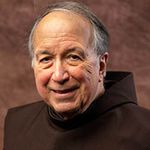St. James of the Marches: Tireless Preacher and Missionary
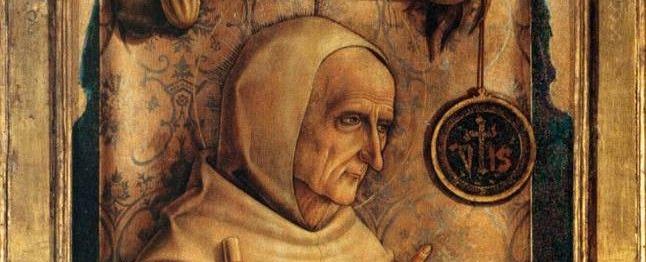
On November 28, the Franciscan family honors the memory of St. James of the Marches (c.1393-1476), a friar noted as a powerful preacher.
James was born in the town of Monteprandone in what is now the province of Ascoli Piceno in the Italian region of the Marches (Marche). The youngest child of a poor farming family. he managed to get a basic education and then prepared for a legal career, receiving a doctorate in law at the University of Perugia. After a few years of legal work, however, he became disgusted at the wide-spread corruption in the profession, and went to Assisi where he joined the new Observant reform movement among the Friars Minor in 1416.
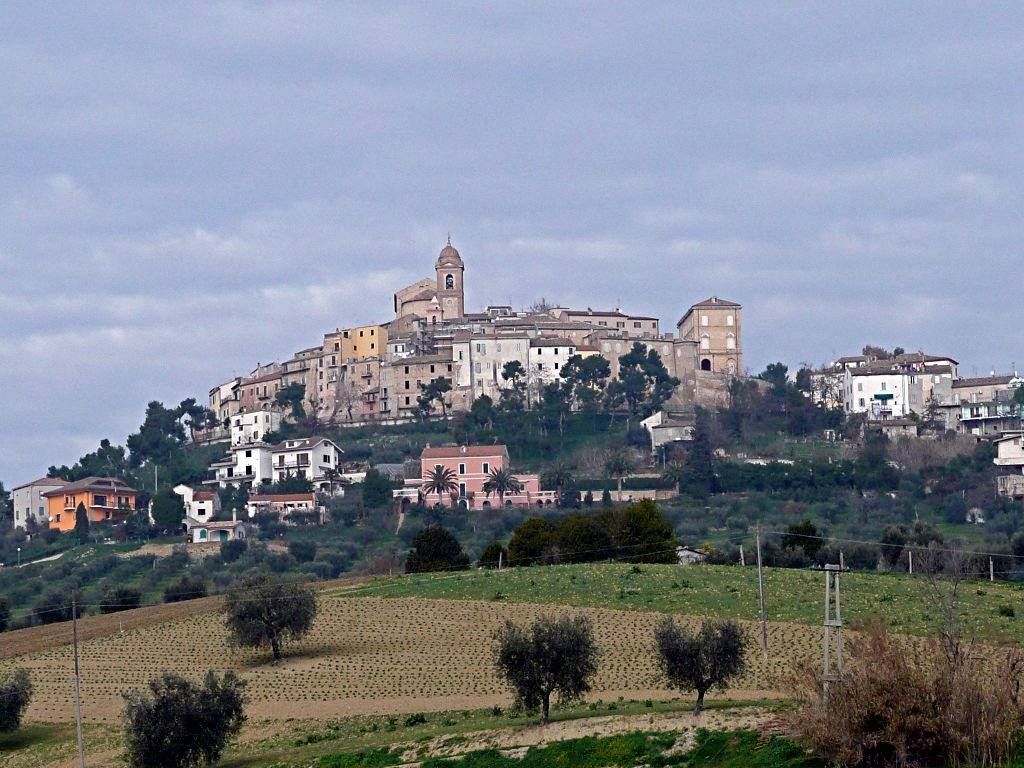
Monteprandone, province of Ascoli Piceno, birthplace of James.
Within the Order, James became known for his personal austerity (he was a strict vegetarian, took little sleep, and allowed himself only bare necessities). Like Bernardine of Siena, to whom he was very close, and John Capistran, James devoted his life to popular preaching throughout Italy. He also often served as an inquisitor and spent some years as a missionary in Bosnia. There he worked to establish the Observant reform, and several Popes sent him on missions to other parts of Eastern Europe.
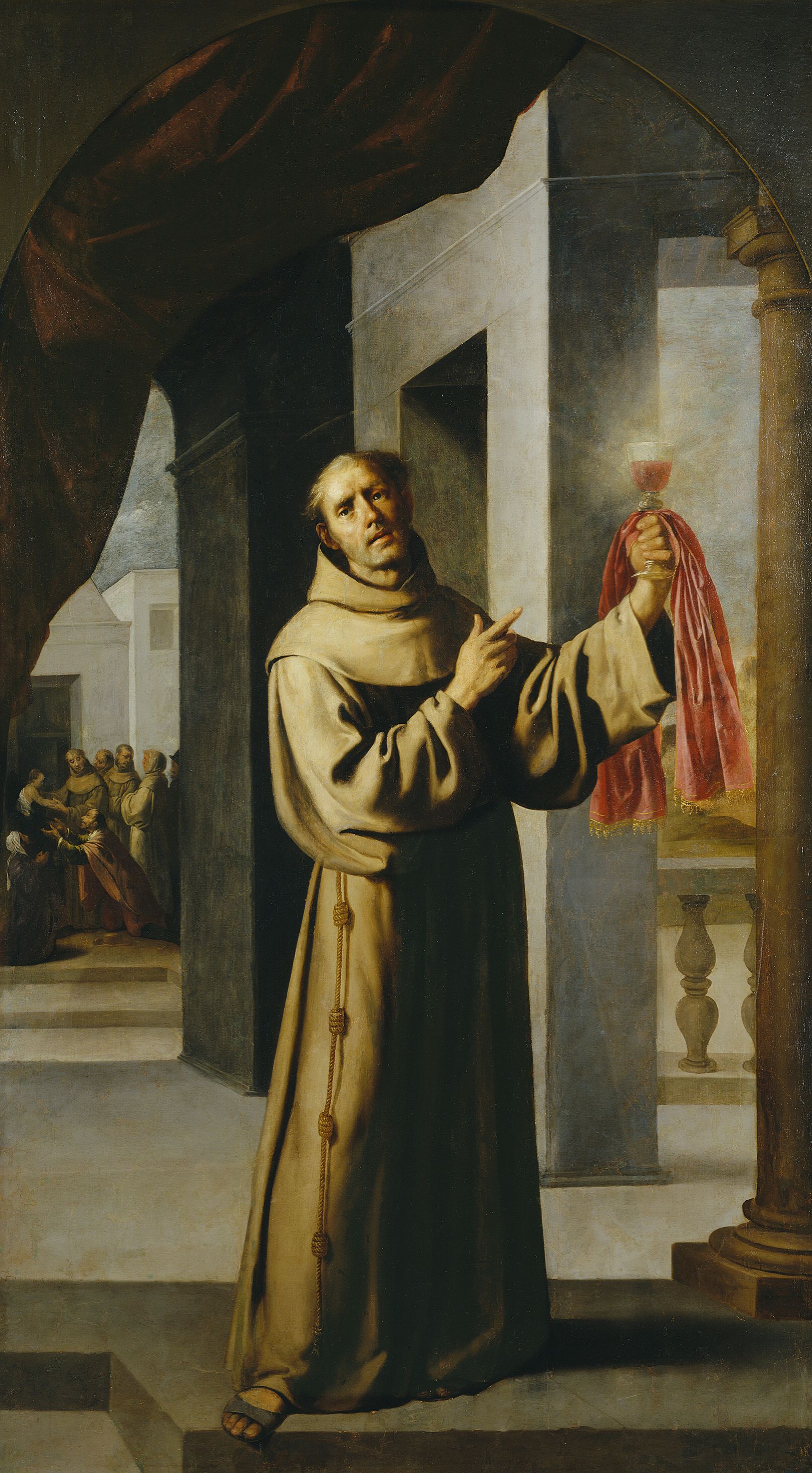
Francisco de Zurbarán, Saint James of the Marches, Spanish, first half of 17th century, Madrid, Museo del Prado (Wikimedia Commons)
Besides his tireless preaching, James also promoted study among his fellow friars. He could quote Dante's "Divine Comedy" from memory. He spent the last three years of his life in Naples, where he died after 60 years in the Order. Devotion to James sprang up following his death; he was eventually canonized in 1726.
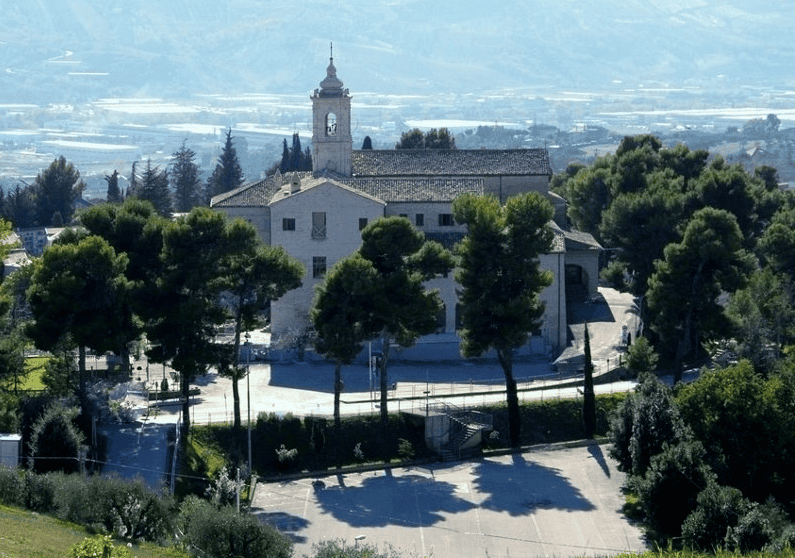
Sanctuary of Santa Maria delle Grazie and shrine of St. James, Monteprandone, Ascoli Piceno, Marche. It was founded during James' lifetime in 1449.
James' preaching always had a practical edge. He continually called people to transform, not simply their personal behavior, but the way they related to one another in society. He had a gift for addressing the everyday problems of people, and several times was asked by municipal governments to reform their statutes.
"His appreciation of the financial problems facing lower- and middle-class workers translated into practical concern for their welfare. James encouraged the formation of 'Mountains of Piety' [Monti di Pietà]—a form of credit union—from which they could obtain low-cost loans. The financial assistance these institutions offered promoted economic stability and a narrowing of the gap between the very rich and the very poor" [Maurice Carmody, "The Franciscan Story," 339].
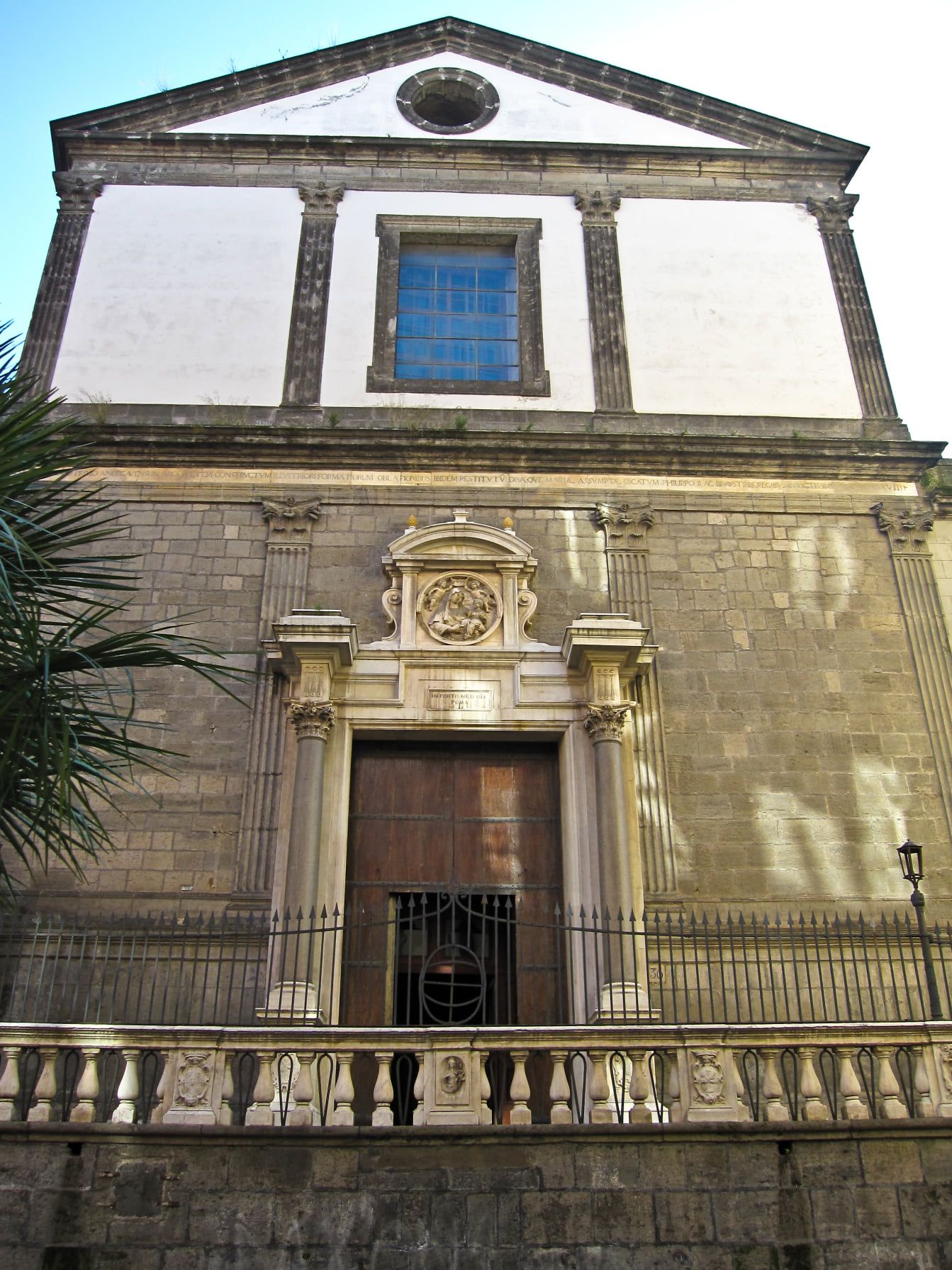
Church of Santa Maria la Nova, Naples. James died in the adjacent friary.
What did Christ command his apostles to do? To preach. What plants grace and virtues in souls? Preaching the Word of God ... Consequently St. Augustine says: 'Tell me, what do you think is greater, the Body of Christ or the Word of God? If you wish to answer truly you must say that the Word of God is not less than the Body of Christ. That person is no less guilty who hears the Word of God carelessly than the one who allows the Body of Christ to fall to the ground through negligence.
—James of the Marches

The remains of St. James, Monteprandone. The saint's body—relatively incorrupt—was transferred here from Naples in 2001.
Main image: Carlo Crivelli, St James of the Marches with Two Kneeling Donors (detail), Italian, 1477, Paris, Louvre Museum (Wikimedia Commons)
Dominic Monti, OFM
Professor of Franciscan Research in the Franciscan Institute of St. Bonaventure University
Dominic V. Monti, OFM, is a Franciscan Friar of Holy Name Province (USA) and currently professor of Franciscan Research in the Franciscan Institute of St. Bonaventure University. He devoted the greater part of his ministry to teaching the History of Christianity, in particular the history of the Franciscan movement. He has contributed two volumes to the Works of St. Bonaventure series and is author of Francis & His Brothers, a popular history of the Friars Minor.

